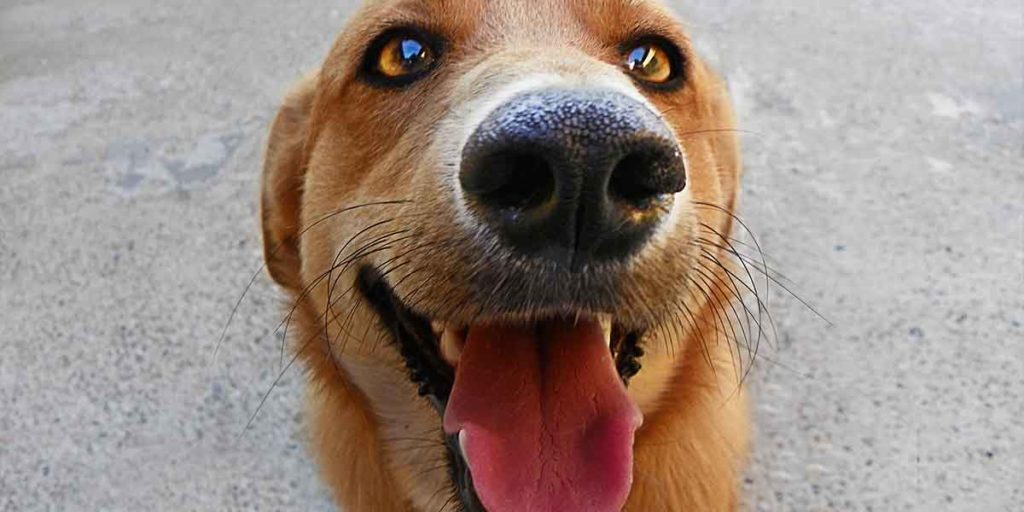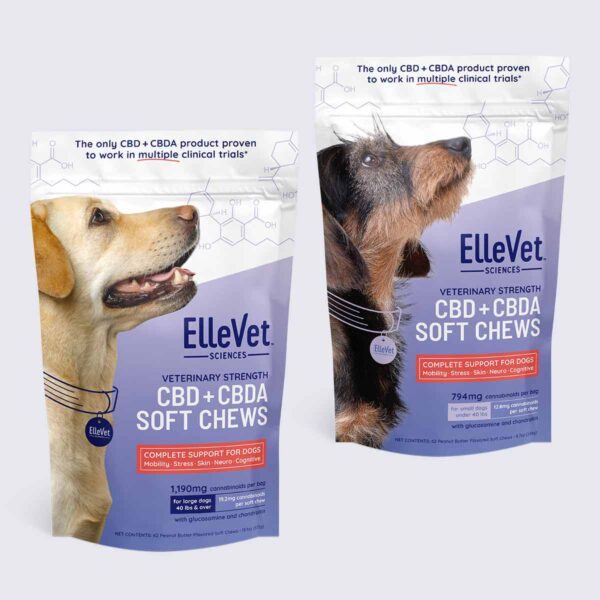Is there anything worse than going in for some cuddles with your furry friend and being met with horrible doggie breath? You weren’t necessarily expecting minty fresh, but particularly bad breath can, unfortunately, discourage you from getting close to your pup. Medically referred to as halitosis, bad breath in dogs can be harmless, but can also signal underlying issues that may become more extensive health problems if not addressed.
Some dogs—smaller breeds, senior dogs, and those with short snouts—are more prone to bad breath than others. Nevertheless, healthy dogs shouldn’t drive you away with frequent, notably stinky breath. If you notice very strong smells coming from your dog’s mouth, you should consult your veterinarian to get to the bottom of it. Understanding the cause of your pup’s foul breath can help you tame the odor and enjoy cuddle time a little more.
What’s causing your dog’s bad breath?
Table of contents
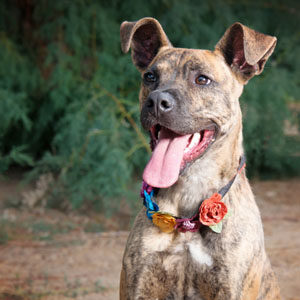
Oral hygiene
There’s a good chance that your dog’s bad breath is the result of an oral hygiene issue. Just like us, dogs sometimes struggle with oral hygiene and the task of fending off plaque and tartar buildup. The most common source of bad breath, tartar can lead to gum inflammation that lets bacteria thrive. Receding gums can also lead to an increased risk of cavities and infection, all of which can result in bad breath for your pooch.
Something’s stuck
Foreign objects stuck in your dog’s teeth or mouth can lead to bad breath issues if not removed immediately. Anything your canine companion puts in their mouth—bones, sticks, toys—can get lodged between teeth, stuck in gums, or caught in far corners of their mouth. These objects, particularly if they irritate or puncture skin or gums, can allow bacteria to grow and cause infection.
Diet
What your dog eats—or doesn’t eat—can also impact how bad their breath is. Does your dog like to get into the trashcan or snack on random things, food or not, during your walks? Your pup may be ingesting some gross food and or non-food items that can make their breath stink.
Coprophagia, the technical term for poop eating, is a dog owner’s worst nightmare in terms of dirty habits your furry friend can pick up. Whether it be their own feces or that of another dog or animal that they come across while out in the world, poop eating is a surprisingly common issue for dogs and can be a hard habit to break. It’s gross, unhealthy, and certainly makes their mouth reek.
It’s also possible that your pooch has a nutrient deficiency that is resulting in stinky breath. If their diet isn’t satisfying their nutritional needs, it may disrupt the normal balance of bacteria in their mouth and gut. In this case, smelly breath would be one symptom of a bigger issue—deficiencies can negatively affect your dog’s oral and overall health.
Kidney disease
If your pup’s kidneys are not functioning properly, the toxins, called urea, that their body would typically filter out instead build up in their system. This can be accompanied by high blood glucose levels, panting, and increased urination, as well as sweet or urine-smelling bad breath. On top of that, excessive urea can cause mouth ulcers, which are also troublesome for your dog’s breath.
Liver failure
Similar to issues with the kidneys, a problem with your dog’s liver function can cause toxins to build up in their body. Bad breath is one of the various signs that your pup may have liver issues, in addition to vomiting, weight loss, poor appetite, and yellow gums, skin, or eyes.
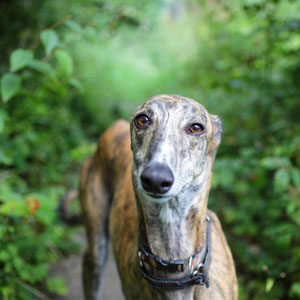
Oral tumors
Oral cancers or tumors, more common in older animals, can lead to bad breath. These masses can also become infected as parts of the tissue start to die and decay in your pet’s mouth.
What can you do to get rid of the stink?
Underlying health issues
If there is one or multiple underlying health issues behind your dog’s smelly breath, you should consult your veterinarian. They will be able to help you address the root problem and bring your pup back to optimal health, which should also improve their mouth odor.
Teeth brushing
The best way to improve your dog’s breath is to brush their teeth on a regular basis and have your veterinarian check their teeth at least once annually. For brushing at home, make sure to use toothpaste formulated specifically for canines. The toothpaste that we use in our own mouths typically contains xylitol, which is toxic to dogs.
If regular teeth brushing at home just isn’t cutting it in terms of improving your pup’s breath, you may consider getting a professional teeth cleaning done by your veterinarian. Just like going to the dentist, sometimes a deep clean is needed. The vet may also need to extract some teeth depending on the state of your dog’s oral health. Removing decaying or infected teeth may help the smell.
The power of chewing
In general, gnawing on durable items like sticks, toys, and dental chews can prevent your dog from building up too much plaque on their teeth. These chew tools not only clean their teeth but also keep them mentally stimulated throughout the day!
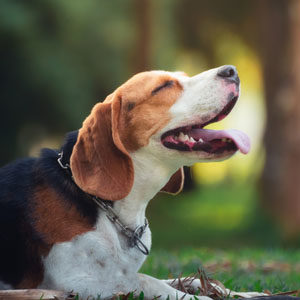
Similarly, your veterinarian may recommend that you start your pup on a diet that more directly targets oral health. Dental diets using larger kibble and coarse textures can help reduce plaque buildup by scraping your dog’s teeth with every bite.
Teeth extraction
If oral hygiene has become enough of an issue for your pup to develop infected or rotten teeth or gums that are causing smelly breath, extraction may be the best course of action. Infected teeth can negatively impact your dog’s overall health—dental disease is commonly accompanied by heart disease and a host of other infections as the harmful bacteria from your pup’s mouth moves to other parts of their body with each gulp. Having your veterinarian remove problematic teeth can help prevent further health issues while also alleviating the severe pain your pup is likely experiencing—they’ll be happier for it!
Supplements
If the cause of your pup’s bad breath is a dietary deficiency, supplementing their regular diet may help. A probiotic formulated specifically for dogs, for example, can help balance healthy oral and gut bacteria and keep your canine companion’s breath smelling fresh. Some pet owners report having success with adding a small amount of apple cider vinegar to their dog’s food or water bowl. As an acid, vinegar has antimicrobial properties that can reduce bacteria in your dog’s mouth and consequently improve their breath.
Drop it
No matter how often your brush their teeth or how healthy their diet is, your dog may still struggle to fight the urge to snack on unappealing things in the trash or on the sidewalk. In general, you should avoid and or eliminate opportunities for your pup to eat anything bad—clean litterboxes, restrict access to trashcans, and keep them on a tight leash to redirect them during walks. You can also try to train a command for dropping whatever they have in their mouth.
Bottom line on dog breath
If you believe that your dog has dental, oral, or any other health-related problems that are contributing to particularly bad breath, it’s important to address it sooner rather than later. Dental health can impact your dog’s overall health. Make sure to observe all of your dog’s symptoms, just in case their bad breath is a symptom of something more serious. And don’t forget to be proactive! They should have the right chewing tools, hygiene habits, and diet to support their oral health.
